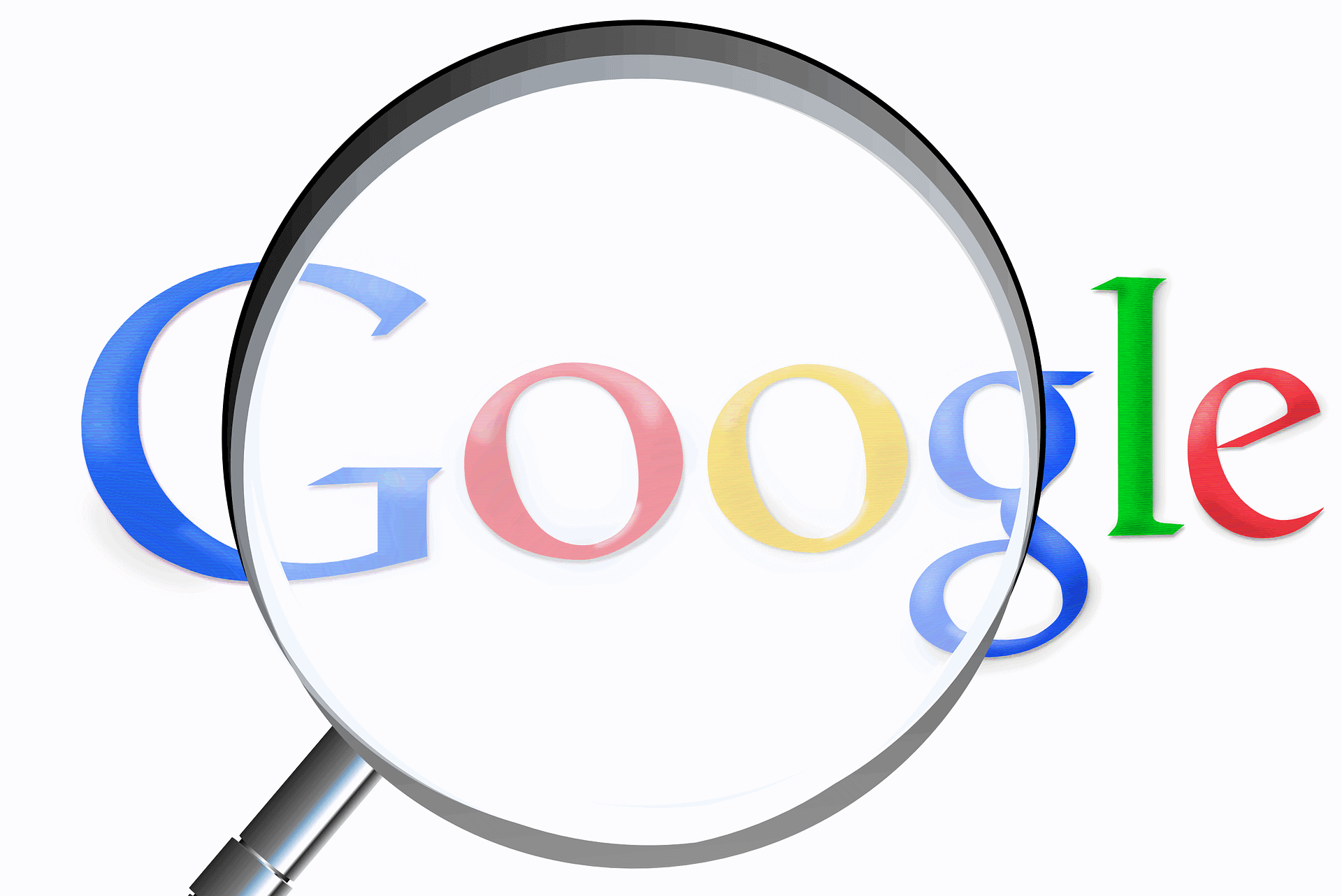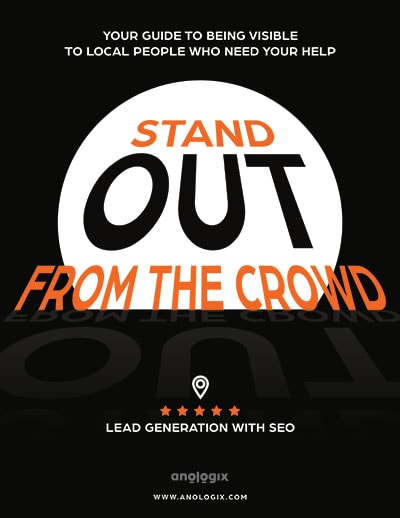
The Importance of SEO and SEM for Your Business

When building a digital marketing strategy, many businesses combine Search Engine Optimization (SEO) with Search Engine Marketing (SEM). While the confusion here is understandable, it's essential to remember the differences between the two. Search engine optimization focuses on making sure your website contains all the right keywords and phrases in the appropriate places. On the flip side, search engine marketing is the focus of using paid advertising to improve where your business website appears in the search engine results list.
SEO and SEM are two different ways to bring in more traffic to your website. However, they are tied pretty close together and work hand-in-hand. While search engine optimization focuses on building website traffic organically, search engine marketing focuses on delivering traffic through paid advertisements.
As of 2019, Google owns more than 92% of all searches on the web. That equates to more than 63,000 searches per second! When we talk about SEO and SEM in this article, we'll really be focusing on Google optimization and marketing. However, no matter what search engine you are targeting, your SEO and SEM strategies should also focus on Google's best practices to bring in traffic to your website.
How does search engine optimization and marketing work, though? Google has a list of criteria that brands need to meet in order to rank organically. This list mostly involves keyword placement. Google's algorithm has become increasingly sophisticated over time, so you'll need to utilize "White Hat SEO" techniques if you want to stay on Google's good side.
White Hat SEO is the usage of optimization techniques and strategies that focus on a human audience rather than focusing on search engines. These tactics also wholly follow search engine policies and rules. A few examples of White Hat SEO strategies include link building, backlinking, using keywords, keyword analysis, and writing content for human readers. This type of SEO is most often used by people who intend to make a long-term investment on their website.
On-Page Search Engine Optimization
On-Page SEO refers to the SEO strategies you'll be using on your website. When it comes to on-page SEO, it's crucial to develop a "focus keyword" for each one of your pages. However, "keyword" can be a bit of an inaccurate designation. What you really want to do is use a specific key phrase that is unique to that page. Google likes when each of your pages has it's own unique key phrase. This helps Google's algorithm identify where to send traffic and cuts down on potential confusion for Google's web crawler.
Make sure you include the key phrase in your headline, subheadings, the first paragraph of your page or article, and in the meta-information (including the meta title, meta description, and metadata on images). There is a lot more that goes into on-page SEO, such as installing an SSL certificate, meeting a 300-minimum word count for articles, and disavowing any spammy backlinks. However, keyword placement is the most critical part of on-page SEO.
Off-Page Search Engine Optimization
Google also prioritizes backlinks to your website when it comes to organic ranking. Backlinks are links to your content from other pages, which is why it's called "off-page" SEO. When someone links back to your website, it's telling Google that your content is relevant, important, and has value to other users. Google likes to promote content that is valuable and user-friendly. However, getting backlinks isn't always easy.
The best way to accumulate backlinks is by taking part in digital conversations on the web and linking to other pages in your own content (this is essential!). You can engage other website owners directly or offer comments on social media and blog posts. If you have the opportunity to guest blog, do it! Or you can start an off-site blog on social media websites such as Medium and LinkedIn, and link to the content on your business website. The more you engage with people on the web, the better your web presence will be, and the more likely Google will notice.
Search Engine Marketing
SEM, also referred to as paid search, is a little more complicated than SEO because it involves targeting your audience along with keyword planning and bidding. Keyword research is an essential part of both SEO and SEM, and Google has a keyword planner tool that can help you figure out what keywords you need to focus on. This tool will also give you a bid range, so you can identify the keywords that will cost more. Broader terms are almost always more expensive. You'll also receive keyword-related forecasts and trends.
While you may initially be tempted to target those more expensive, broader keywords, it's worth mentioning that long-tail keywords are less expensive and provide much greater value. This is because they generally demonstrate higher user focus and intent. Long-tail keywords are defined as any search term that's more than three words.
For example, if you're targeting people who are looking to buy bedroom furniture from your store, your results would be better if you chose to target "modern bedroom furniture near me" rather than simply "bedroom furniture." When you use this level of keyword specificity, you can narrow down your audience to people in the area looking for the particular kind of bedroom furniture you sell. So, when the search engine delivers traffic to your webpage, you'll know your visitors are more likely to engage than casual web surfers.
Once you've come up with a list of keywords that will work best for your brand, you can start figuring out your target audiences. Search engines, such as Google, allow you to target audiences using an audience manager. Here, you can upload current customer or prospective customer lists, target users based on interest categories, and remarket to the people who have visited your website before.
The goal of search engine marketing is to ensure your business shows up at the top of the search engine results page for specific terms, regardless of where your website ranks organically. The more you spend on SEM, the better you're likely to perform.
Local Search
In the past several years, search engines have given more attention to local search results. Google uses knowledge panels, which are the information boxes that appear when you search for people, places, or things that are in Google's Knowledge Graph. These knowledge panels are meant to help people get a snapshot of information on a topic based on Google's understanding of the available content on the web.
It's essential to claim your business on Google and other search engines. When it comes to claiming your business on Google, you can do it through Google My Business, which is entirely focused on your brand. Local search allows you to remain competitive with bigger businesses by focusing your SEM efforts on a particular geographic area.
SEO and SEM Takeaway
When a person clicks on a search ad for your business, they'll be directed to your website. However, all of your research, planning, and targeting efforts will go straight out the window if your visitors are brought to a slow-loading website with poorly written content that isn't relevant or secure. If your website isn't properly optimized, even the best advertisements won't keep visitors on your website, and you won't get the outcomes you're paying for.
If you need digital marketing guidance, AnoLogix can help. Our expert team of SEO specialists and digital marketers can help your business show up on the map. Reach out to us today to learn what we can do for your business!
FREE Guide
Stand Out From the Crowd:
Your guide to being visible to local people who need your help
